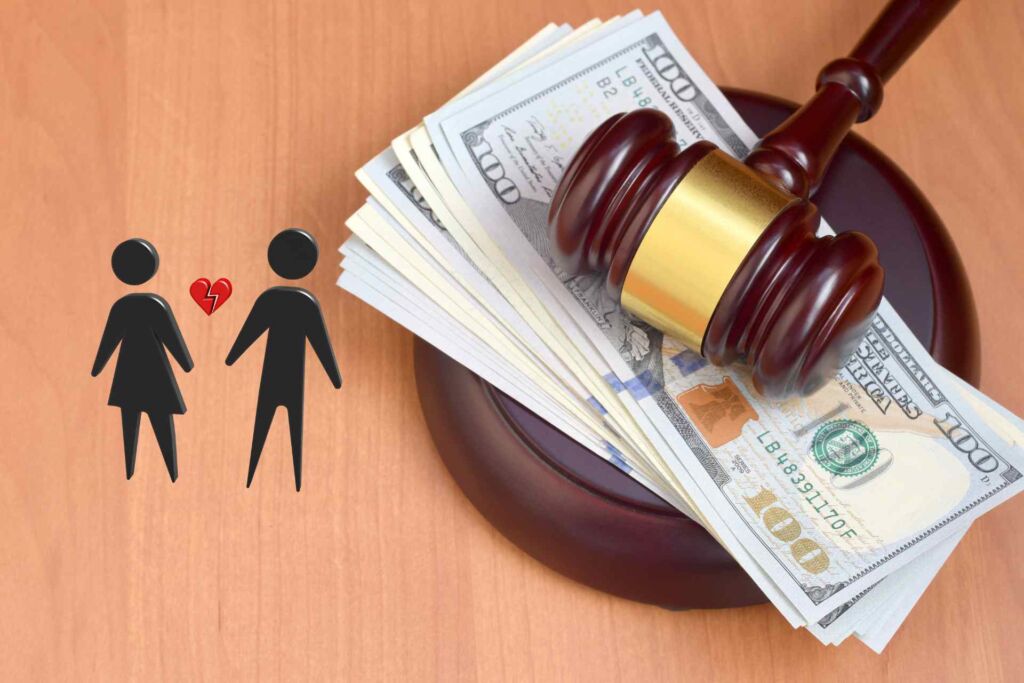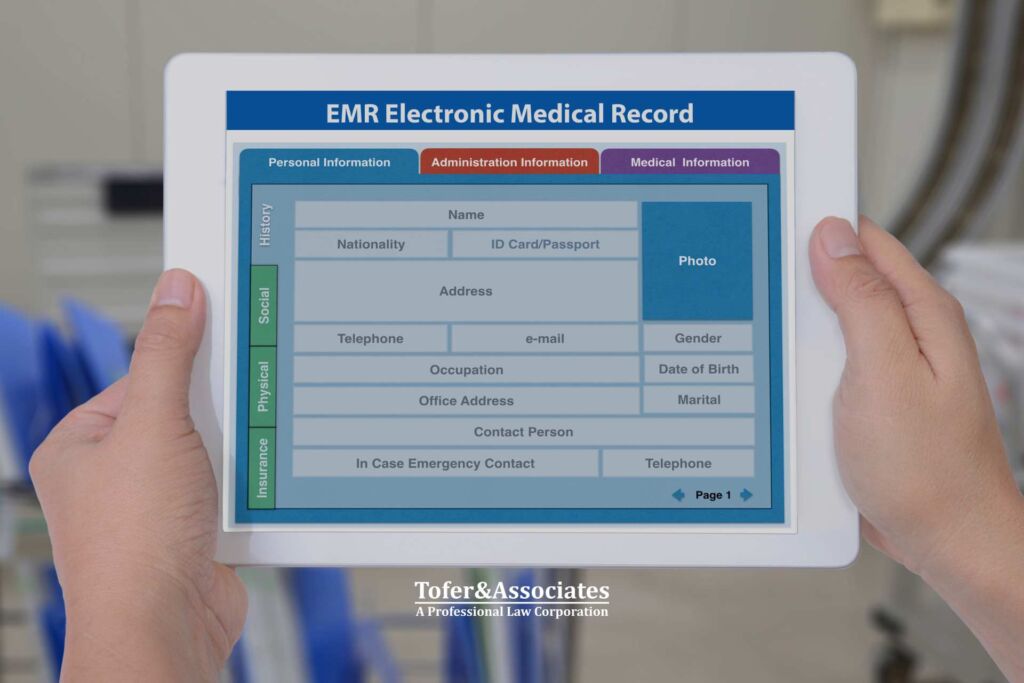Are Personal Injury Settlements Marital Property in California? Understanding Your Rights
Securing a personal injury settlement in California might feel like striking gold, but what happens when it intersects with marital property laws? Are you the sole owner, or does your spouse have a claim? This article delves into whether personal injury settlements are considered marital property in California, providing clarity amidst the legal complexities.
Understanding Personal Injury Settlements as Separate Property
In the realm of divorces, California operates under the community property paradigm, where assets acquired during marriage (community property) are typically divided equally between spouses. Whether this involves liquidating community assets and sharing the proceeds or dividing assets based on their respective values, the split is a straightforward endeavor down the middle.
Table of Content
Assets amassed during the marriage fall under the category of community property, while anything acquired before tying the knot remains separate and immune to division.
Navigating the complexity of commingled assets adds a layer of intricacy. Consider Spouse X, who utilized pre-marriage earnings for a condo down payment, and both spouses contributed their marital earnings for mortgage payments. If divorce looms, the condo’s equity transforms into commingled property.
Exploring the Nuances of Personal Injury Settlements in California Divorces
Now, let’s shift our focus to personal injury settlements, an entirely different scenario. Following an injury due to someone else’s negligence, you are entitled to seek compensation for both tangible and intangible losses. This encompasses clear-cut economic damages like medical expenses and lost wages, as well as less tangible losses such as mental anguish and pain and suffering.
In the midst of a divorce, if either party receives a personal injury settlement, questions emerge regarding its division. While the injured party might feel entitled to the entire sum, the crux lies in whether the settlement is classified as separate or community property.
Exploring Asset Division in a Community Property State
California, operating under the community property doctrine, divides community (or marital) property with an aim for equivalent values for each spouse. It doesn’t strictly entail a perfect 50/50 split but strives for fairness. Conversely, separate property, acquired before or after marriage, remains the sole possession of the individual owner. Gifts or inheritances received during marriage by one spouse also fall under the category of separate property.
Deciphering the Classification of a Personal Injury Settlement
If you have been granted a personal injury settlement due to an accident, it may not be as straightforward as retaining the full amount in a divorce.
California Family Code § 781 specifies that the settlement is separate property when:
- The accident occurred after the divorce or,
- The injured party was living separately.
However, reimbursements may be warranted if separate or community assets covered accident-related expenses.
Examining the Exception to the Equal Division Doctrine (California Family Code § 2603(b)
Under California Family Code § 2603(b), a personal injury settlement is typically awarded to the injured spouse, underscoring their entitlement to the full amount. Although an exception exists for the non-injured spouse to receive a portion, the court’s decision is shaped by the “best interest of justice” after evaluating each spouse’s financial needs and situation.
Navigating Court Involvement and Spousal Agreements
While the court might intervene in the absence of a spousal agreement, couples can circumvent this by crafting their own arrangement on how damages are divided. Nevertheless, the court must review and endorse the agreement before it attains finality.
Consult a Qualified Attorney
Understanding the nuances of personal injury settlements and marital property in California is critical. Every case is unique, and expert legal advice is invaluable in navigating these waters. Stay informed and consult with a professional to safeguard your financial rights.
It’s essential to consult with a qualified California personal injury attorney to safeguard your financial rights. Remember, this content is evolving, and we’ll update it with new legal insights as they arise. Contact Tofer & Associates to get the legal help you deserve, we offer free consultation, call today.
Frequently Asked Questions
Can my spouse claim a portion of my personal injury settlement in california?
The short answer is: not automatically. Your personal injury settlement generally falls under separate property in California, meaning it’s considered yours alone, distinct from shared marital assets. However, keep in mind exceptions:
- Compensation for lost wages or medical bills during the marriage: If your settlement partially covers lost income or medical expenses accrued during your marriage, those portions might be deemed marital property. Your spouse might be entitled to a share proportionate to their contribution to those expenses.
- Commingling of funds: Combining your settlement funds with joint accounts or marital finances can blur the lines and potentially convert some money into marital property. This can complicate matters in case of divorce or legal claims.
What happens if I deposit my personal injury settlement into a joint account?
While putting your settlement in a joint account doesn’t automatically make it marital property, it raises red flags. Think of it like adding water to a fire – it fuels the argument that the money has become “ours” instead of “yours.” To protect your separate property claim, keep settlement funds separate from joint accounts and financial mixes.
Will a personal injury settlement get divided during a divorce in california?
Again, it depends. If your settlement falls solely under separate property and hasn’t been commingled with marital finances, it generally won’t be subject to division during a California divorce. However, if exceptions apply (like covering joint expenses), it can get complicated. Consulting a skilled family law attorney is crucial to navigate this nuanced situation.
Can a personal injury settlement be garnished in california?
Yes, personal injury settlements can be garnished in California under certain circumstances. Debts like child support, alimony, and federal student loans are common reasons for legal garnishment. Consult an attorney immediately if you face garnishment threats, as they can help protect your rights and explore potential exceptions.
Remember, every case is unique, and these are just general guidelines. For specific advice tailored to your situation, seek guidance from a qualified California personal injury attorney specializing in marital property and family law. They can offer expert legal counsel and ensure you navigate these complex issues with clarity and confidence.
 ALEX TOFER
ALEX TOFER
Alex Tofer, the founder and managing partner of Tofer & Associates since 2001, specializes in personal injury cases but also adeptly represents clients in premises liability lawsuits and lemon law matters throughout California. For inquiries regarding this article or legal assistance, please feel free to reach out to us.






